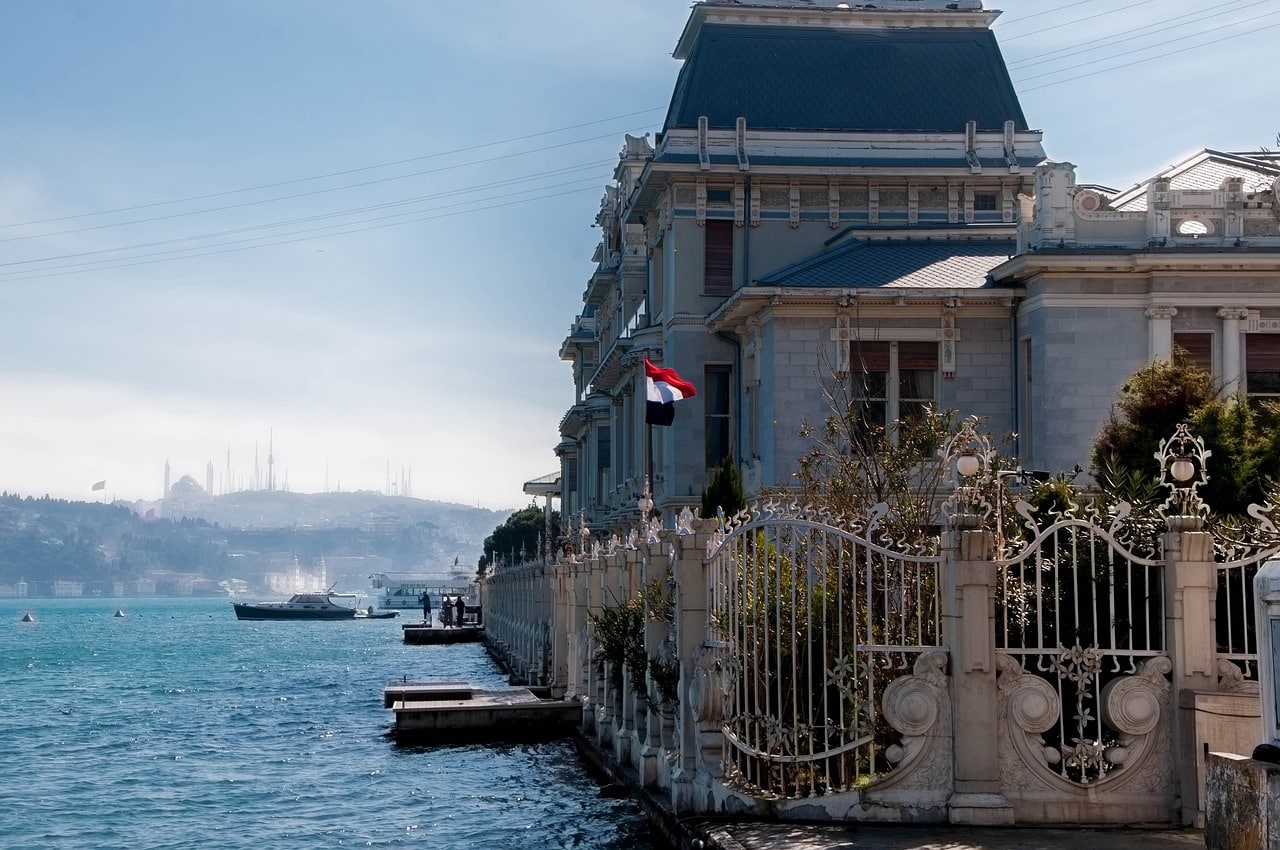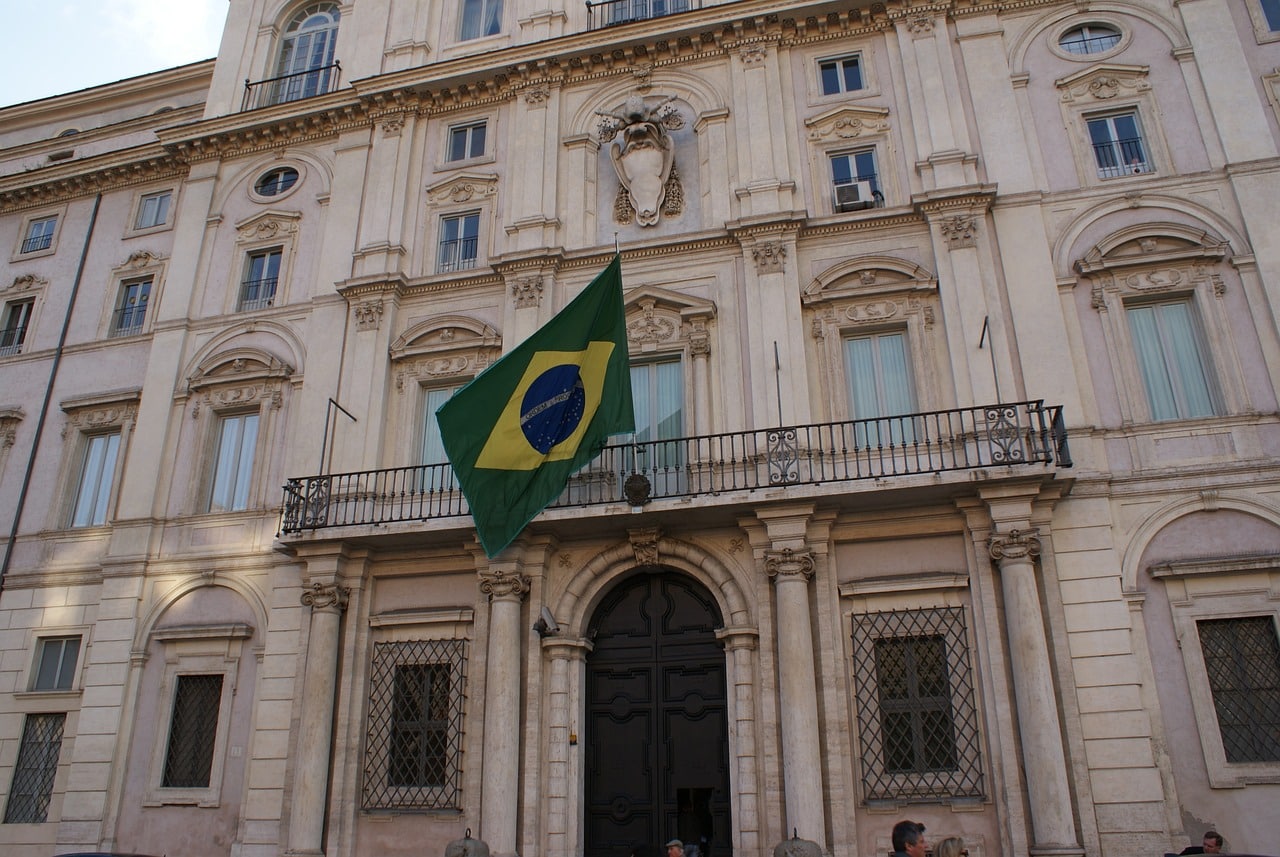
The consulate is the home and office of the consul, the official appointed by a government to look after the interests of the country and its citizens in a foreign State.
Consulate is a term linked to consul (person appointed by a government to protect the interests of the country and its citizens in a foreign State). The concept, derived from the Latin consulātus, is the house or office of the consul , as well as his position and the territory where he exercises his authority .
The consulate, in short, is the representation of the public administration of one nation in a different one. Among its functions are the establishment of visas for foreigners, the delivery and/or renewal of official documents and certificates (such as passport , birth certificate, etc.) and the protection of national citizens detained in the foreign country.
Other of the different functions that a consul has would be to grant aid to the ships and boats of the country they represent in the city where they are exercising their functions, implement the control rights they have over said vehicles, report to the authorities of their nation of the approval of a series of measures in the place where they work that are considered to be likely to affect them.
Characteristics of consulates
The consulates depend on the Ministry of Foreign Affairs , while the consuls exercise diplomatic and representative functions. One of its tasks is to foster relations with the receiving State , whether commercial, cultural, scientific or otherwise.
It is important to establish that there are several categories of consul. Thus, we find the honorary , the general , the deputy , the deputy general or the vice-consul .
Terrorist attacks
In addition to all of the above, we would have to highlight the fact that on many occasions the consulate, the building that serves as the consul's work headquarters, becomes an object of attack by the nationals of the country where it is located. These are actions that attempt to make clear the opposition to the attitude of the native nation of the consulate that could have led to those being affected.
Thus, for example, in recent decades we have witnessed numerous large-scale attacks. Among them is that of the United States consulate in Benghazi in 2012 , which resulted in several deaths, including the American ambassador.
Sometimes the terms embassy and consulate are confused. However, we would have to establish that their main difference is that the first is a political link between two countries, and the second is the meeting point between a country and its natives who are in another nation.

A consulate assists citizens of a nation who are in a foreign country.
Different consulates throughout history
The Roman consul , on the other hand, was a magistracy created by the Roman Empire with the intention of replacing the monarchy . The consuls were elected every year and had various powers.
In France , the consulate was a government institution that was in force from the fall of the Directory in 1799 until the beginning of Napoleon Bonaparte 's empire ( 1804 ). The position of consul was inspired by the aforementioned experience of the Romans.
The Consulate of the Sea , finally, was a medieval institution with powers similar to the commercial courts of today. This consultee was in charge of judging and resolving lawsuits between land and sea merchants.
